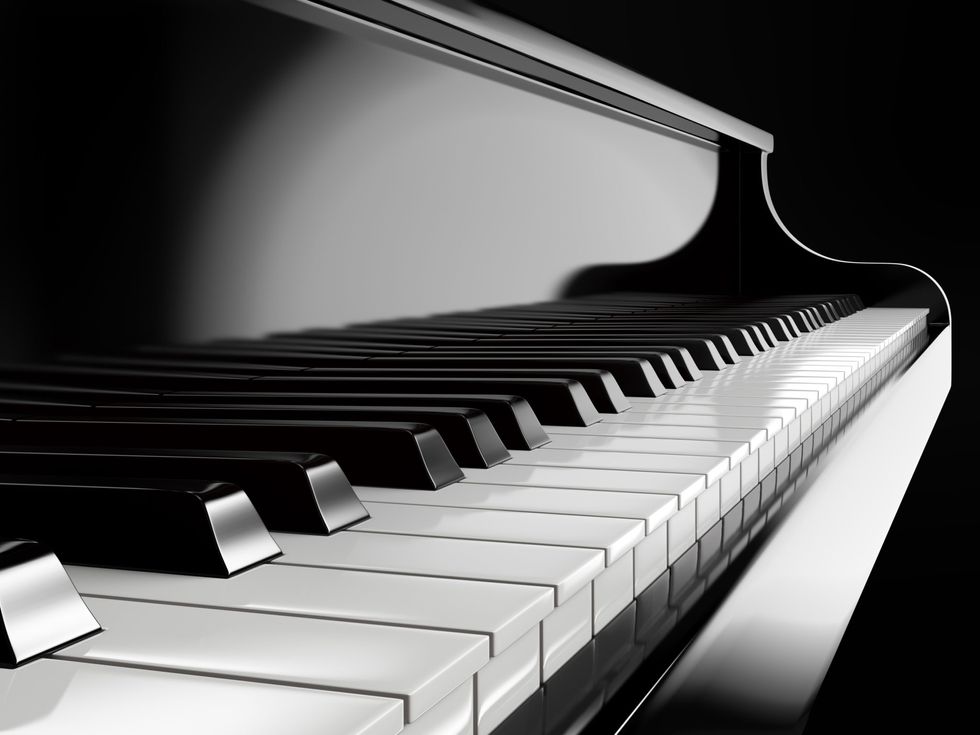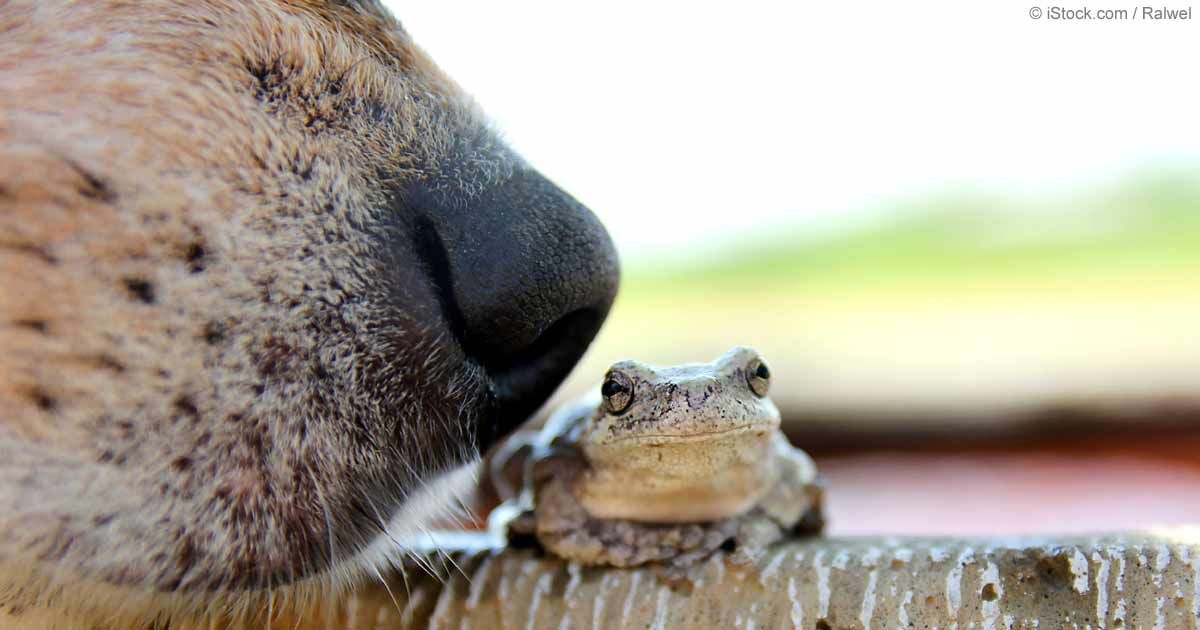Music has always been an important staple in my life. Growing up in a family that cherished music meant taking piano lessons consistently every week, practicing diligently almost every day, and listening to my family ramble on and on about musical composers like Chopin and Tchaikovsky. Yet, somehow, it wasn’t until a couple years ago that I was able to see the piano as something more than just an extracurricular activity.
I’ve been taking piano lessons since I was around five years old, and at that time, piano was simply just another boring extracurricular my mother had forcefully signed me up for. I didn’t particularly enjoy it; rather, I viewed piano as simply an instrument with 88 ivory keys that produced somewhat interesting sounds when the right pressure was applied onto each key. To be frank, I wasn’t exactly the biggest fan of the piano. As a kid, the only thing that I was interested in was, well, pretty much anything but the piano. Every time that I sat down to practice, the only thing I could think about was how much I despised the piano I didn’t enjoy slamming my fingers against the piano, and since I was mainly doing it just for the sake of having it as something to put on for my college resume, I was near positive that I would quit by the time I entered high school.
Everything changed when I didn’t pass the regional auditions for GMTA in sixth grade. I had slacked off tremendously that year, and I frequently skipped over my practice sessions in favor of hanging out with my friends instead. Instead of prioritizing piano as something that needed to be taken seriously, I consistently avoided my practice sessions and put them off for “later”, which pretty much meant never. I knew that it was my fault for procrastinating and choosing to hangout with friends instead of practicing. However, since I didn’t pass the regional auditions, my parents suggested that I quit the piano. After all, if I hated it with such a burning passion and if I wasn’t good enough to place in competitions, what was the point?
However, my stubborn sixth grade self refused to give up. At first, my mom tried to sign me up for activities completely different like dance lessons or art classes, but after a few tries, I knew they just weren’t for me. I somehow got it into my head that maybe if I tried to learn under a new piano teacher, then maybe something would change. Little did I know that this was exactly what I needed. My parents gave me consent to give piano one last try and signed me up for lessons from a different piano teacher, Miss Elena Cholakova (shout out to you if you’re reading this right now J) .
I truly don’t know how to describe her musical skills. Ms. Cholakova is phenomenal; the second I heard her play piano, I instantly knew that I wanted to come back again for another lesson. Just hearing her play the piano and talk so passionately about music made me want to give piano another chance. Her genuine passion and love for the piano was infectious, and that year, I started falling in love with the piano. For the first time, I started viewing piano as not just another boring extracurricular activity, but as an exquisite instrument that had the capability of creating music in the purest form. Everything was different from that moment on; I began playing piano purely for the sake of creating music instead of playing it just as an extracurricular activity to put my college resume. To this day, Ms. Cholakova still is my piano teacher. Without meeting her, I definitely would have had an immensely different middle school and high school experience. I began to truly start working hard, and as result, I started to see differences in my piano playing. Even though I’m always stressed with getting my pieces ready for competitions (still haven’t completely gotten rid of my inevitable procrastination habits), piano has been extremely stress relieving at times. On days that I feel overwhelmed by the amount of workload I have from school, I’ll go to the piano immediately after I come home from school and relieve my stress by binge playing the piano. Whether I’m ecstatic about something that happened at school or if I’m upset by something that happened that particular day, I can channel my emotions into my playing, and in a queer way, it’s almost like ranting to someone about your stress, except that the piano comprehends your emotions in a different way; it understands your turbulent emotions and translates them into a musical language to be heard by the world.
It’s kind of funny how things turned out. At first, I utterly despised playing the piano, yet it’s opened up so many new opportunities and paths for me. Music, in general, has become a vital part of my life. I can’t go a single day without engaging in some form of a musical activity (such as practicing the piano or even just listening to my favorite classical pieces on Spotify). Of course, it hasn’t always been all sunshine and rainbows even after I began to love the instrument; I still struggle with getting my pieces ready in time for competitions, and I don’t always place in all my competitions. But the struggles that I encounter and face are also what strengthen my resolve to continue playing no matter what. Even if I’m the absolute worst at the piano, then, well so what? My love for the piano won’t falter, and instead, I’ll work harder to continue doing what I truly love.
If there’s anything that I want you to take away from this article, it would be this: don’t ever give up on something simply because you’re not good at it. When you give up, it closes off so many potential opportunities and experiences. And one last thing—don’t forget to work hard!!




















 sunrise
StableDiffusion
sunrise
StableDiffusion
 bonfire friends
StableDiffusion
bonfire friends
StableDiffusion
 sadness
StableDiffusion
sadness
StableDiffusion

 purple skies
StableDiffusion
purple skies
StableDiffusion

 true love
StableDiffusion
true love
StableDiffusion
 My Cheerleader
StableDiffusion
My Cheerleader
StableDiffusion
 womans transformation to happiness and love
StableDiffusion
womans transformation to happiness and love
StableDiffusion
 future life together of adventures
StableDiffusion
future life together of adventures
StableDiffusion





















